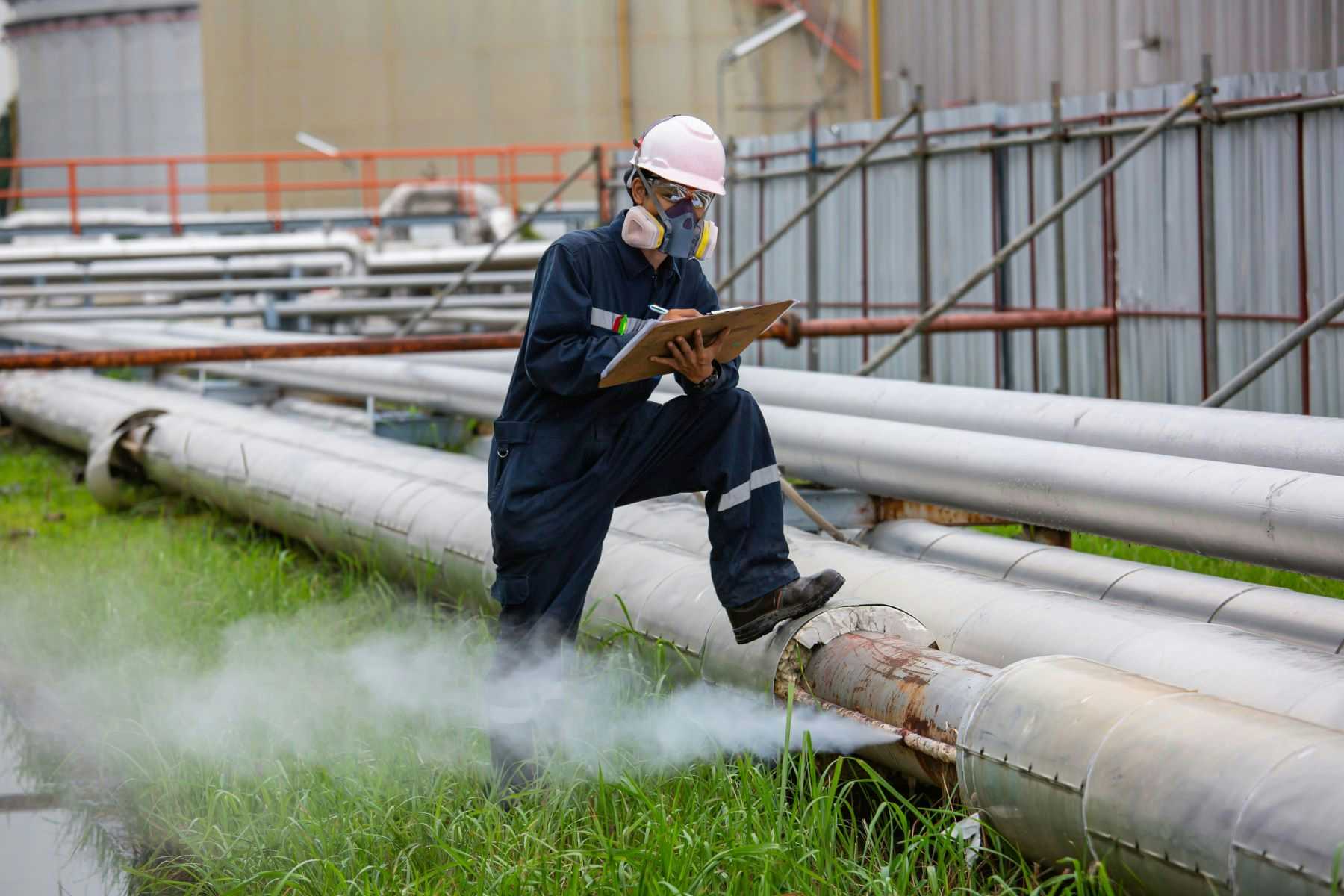Atlanta Sterigenics to Pay $35M to Settle Ethylene Oxide Claims
Medical sterilization company Sterigenics and its corporate parent company Sotera recently agreed to pay $35 million to settle claims that Sterigenics’ use of ethylene oxide at its Atlanta-area location caused cancer and other injuries. The settlement ends one of the first of hundreds of potential similar claims to enter the Georgia courts.
Updated on
What Happened in the Atlanta Sterigenics Claim?
The settlement focuses on the claims of plaintiff Quinn Buczek and others represented by the law firm Conley Griggs Partin LLP. The plaintiffs face cancer and other medical conditions; they argue that their medical issues stem from exposure to ethylene oxide used at the Sterigenics medical sterilization plant located near Atlanta.
Ethylene oxide is useful as a sterilizing agent due to its ability to disrupt DNA, according to The National Institutes of Health. This DNA-disrupting property, however, can also affect exposed humans and other animals, causing cancer.
The Centers for Disease Control (CDC) recognizes ethylene oxide as a carcinogen (cancer-causing agent). Ethylene oxide exposure is linked with several forms of cancer, including lymphoma and leukemia. According to the NIH, the most common forms of exposure to ethylene oxide include inhaling or ingesting the chemical at work, in the surrounding environment, or through exposure to various consumer products.
Plaintiff Quinn Buczek was diagnosed with leukemia in 2018. He filed his claim in 2020 when he was just 20 years old. For 13 years as a child and teenager, the plaintiff lived and attended school within a few miles of the Sterigenics plant in the metro Atlanta area. In his complaint, the plaintiff noted that he’d otherwise been in good health and that his leukemia diagnosis had come as a shock. The complaint attributed the diagnosis to the plaintiff’s exposure to airborne ethylene oxide from the Cobb County plant.
Currently, the plaintiff is 23 years old. He recently completed a degree at the University of Utah. His leukemia is currently in remission, noted attorney Cale H. Conley, who represented the plaintiff and others in the case and the settlement negotiations.
The Terms of the Sterigenics Settlement
Sterigenics, Sotera, and the plaintiffs stated in their binding conditional settlement agreement that Sterigenics and Sotera would pay $35 million to settle the claims. As a condition of the agreement, the case would also be stayed. All the plaintiffs must agree to the settlement for the conditions to take effect.
Sterigenics and Sotera deny liability in any of the claims covered by the settlement. The companies also argue that they have not committed any wrongful, tortious, or unlawful activity in operating the Cobb County plant. They also argued that the use of ethylene oxide at the Cobb County plant does not pose a safety risk to anyone in the community.
Sterigenics and Sotera said they’d continue to fight cases not affected by the settlement. These include several personal injury cases scheduled for consideration of general causation issues in October 2024. They also include a group of cases that allege property values declined due to proximity to the Cobb County plant.
Takeaways for Attorneys
Much of an attorney’s work focuses on the specific facts of a case - the alleged harms to the plaintiffs and the alleged causal behavior by the defendant. In some cases, including this one, the greater context plays a major role.
The Sterigenics plant in Cobb County, Georgia opened in 1972. Between 2015 and 2019, nine alleged ethylene oxide leaks occurred at the plant, although the Georgia Environmental Protection Division may have heard of only two. Leaks in the roof of the plant in 2017 and 2018 could also have released ethylene oxide into the environment.
In July 2019, residents of the metro Atlanta area learned that the ethylene oxide emissions from the plant were connected to higher cancer rates for residents, workers, and students in the area. In October 2019, Cobb County attempted to shut the plant down, claiming the plant violated fire safety occupation requirements. However, the plant was allowed to stay open.
Public knowledge of issues like the ethylene oxide leak can raise awareness and provide information for both plaintiffs and defendants. They can also become the basics of narratives that contextualize causation and fault, allowing juries to understand key issues by following a clear story.
About the author
Jacalyn Crecelius, J.D.
Jacalyn Crecelius, J.D., is a legal content writer, attorney, and mediator with experience practicing in the areas of healthcare, elections, family law, and federal employment/security clearance defense. She is a Veterans’ Attorney at Jacksonville Area Legal Aid, Inc., providing specialized legal assistance to veterans since January 2023. Her extensive legal career includes roles such as an Associate Attorney at The Edmunds Law Firm, where she focused on security clearance defense for military personnel, and at Florida Women's Law Group, handling complex family law matters. Jacalyn received a BA in Psychology from Otterbein University, a J.D. from the University of Toledo College of law, and, most recently, an MA in Governance and Human Rights from Leuphana University in Lüneburg, Germany.
Subscribe to our newsletter
Join our newsletter to stay up to date on legal news, insights and product updates from Expert Institute.
Sign up nowA Sample Voir Dire: How To Qualify An Expert Witness
Download free white paperChallenging Opposing Experts: Advanced Research Techniques
Download free white paperCross Examining Expert Witnesses: The Ultimate Guide
Download free white paper
Subscribe to our newsletter
Join our newsletter to stay up to date on legal news, insights and product updates from Expert Institute.



